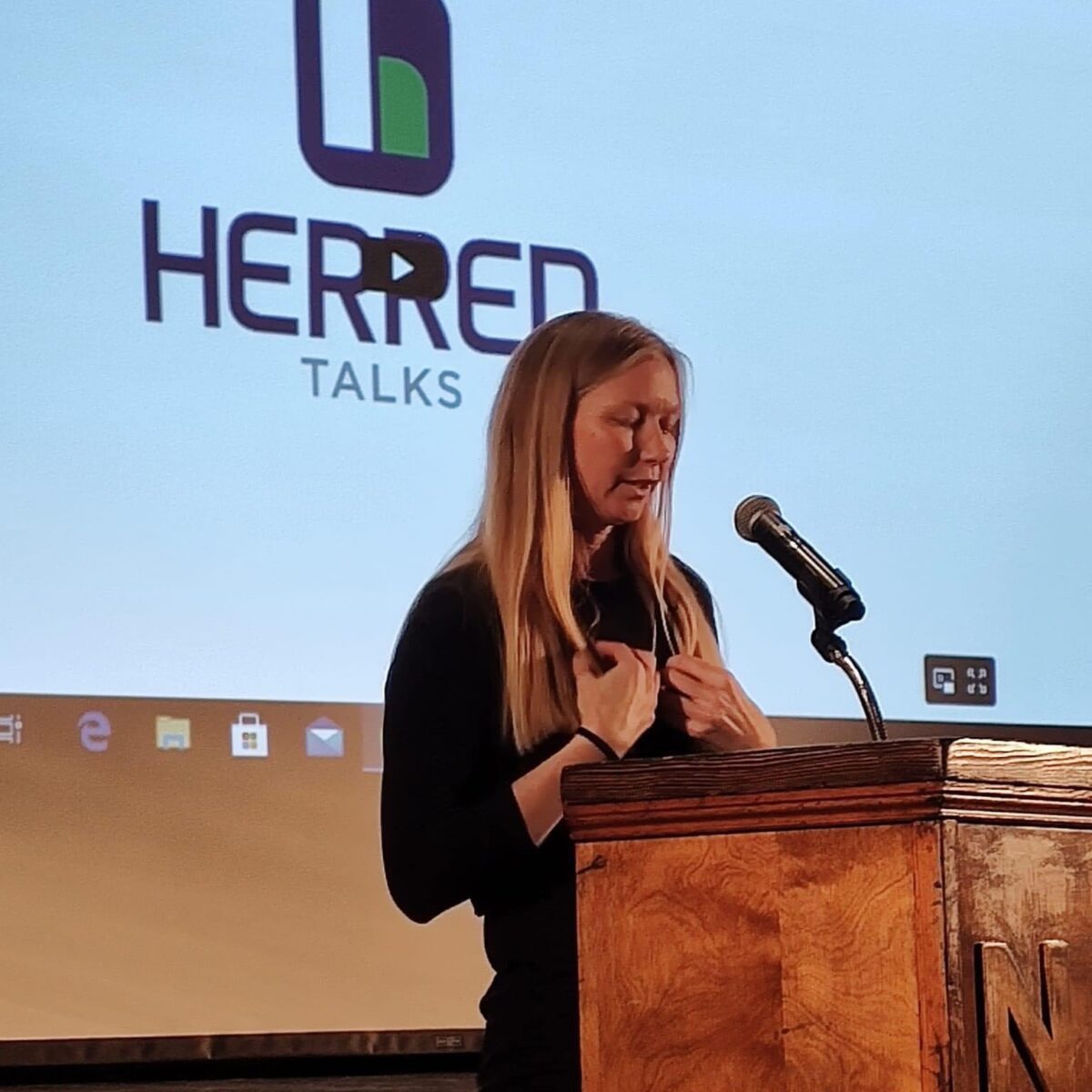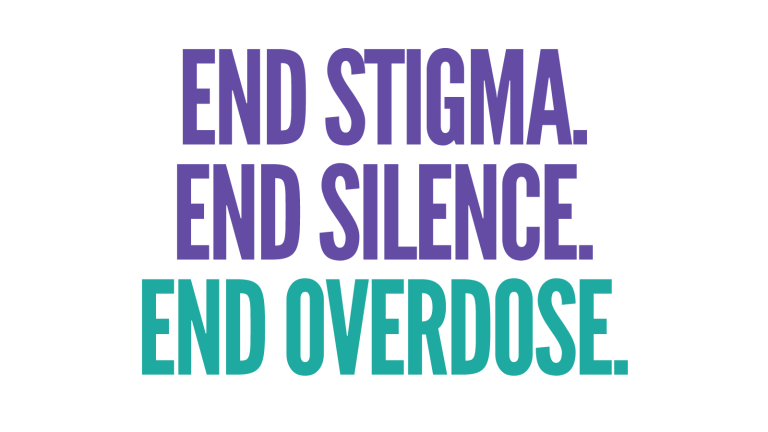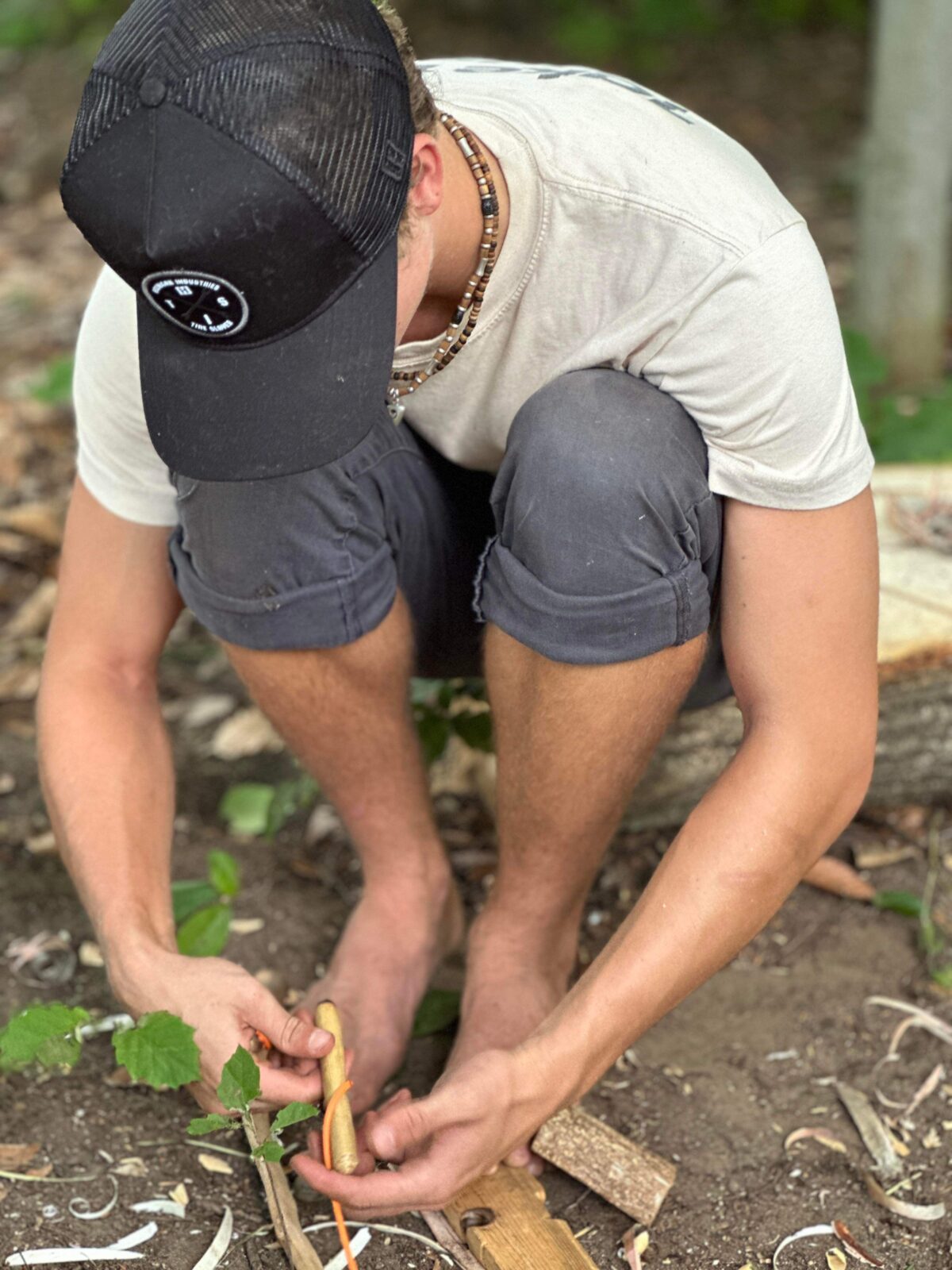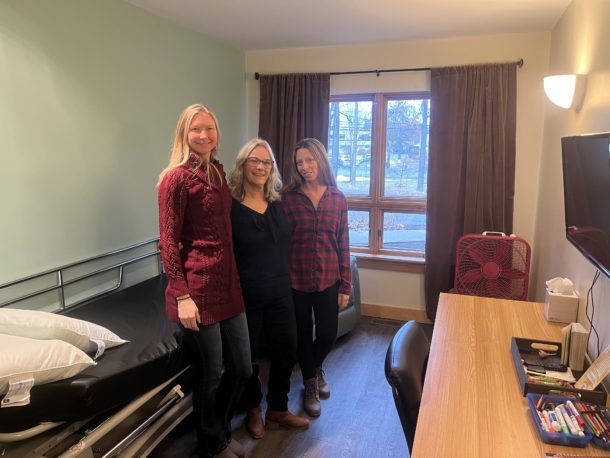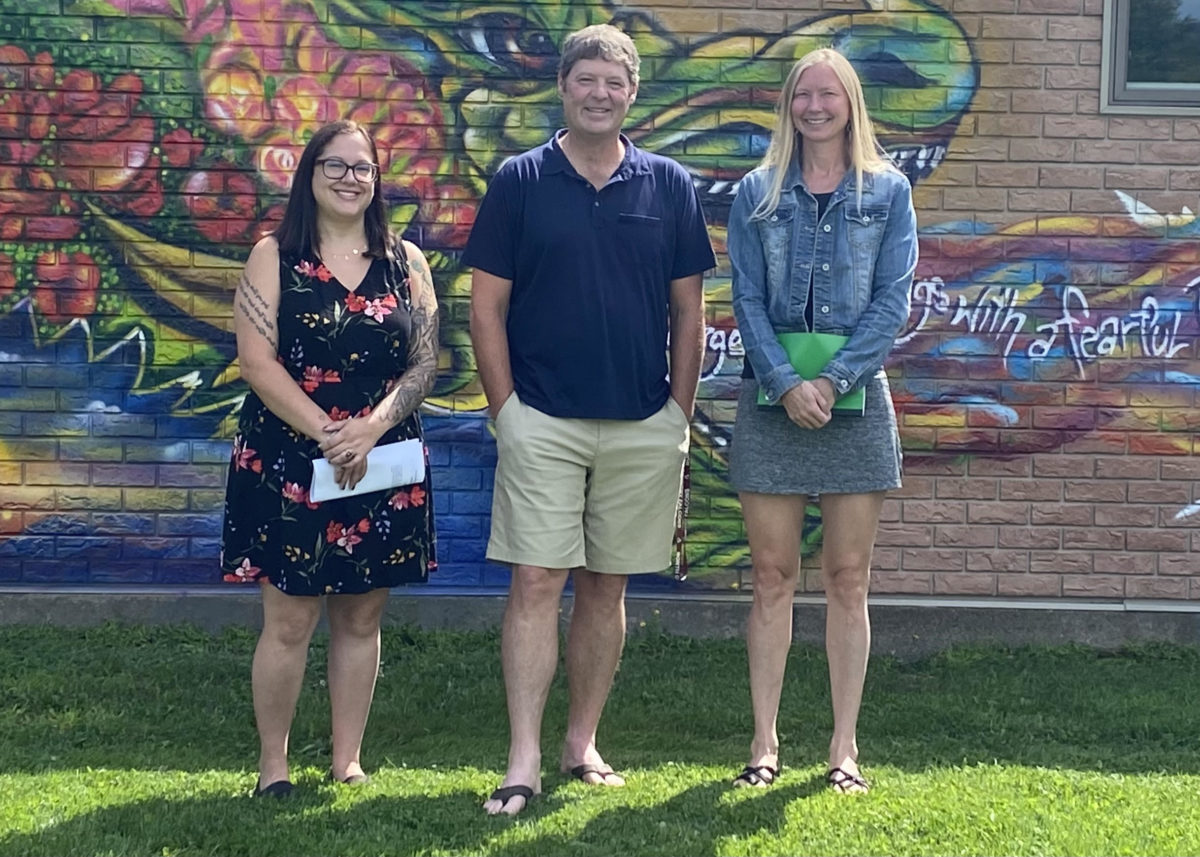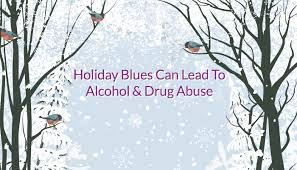** Names and details have been changed for privacy purposes.
She sat in the corner of my office, on the edge of her seat, head in her hands. Hunched over her knees with her eyes cast down, it was hard to get a glimpse of her face. When she first walked in she didn’t say much, just a quick couple of sentences that she needed help and she was scared. Her eyes were big and blue and very pretty, but empty and sad at the same time. She was really scared, she said. She was scared of being homeless, scared of permanently losing her kids, scared of continuing to traffic her body for drugs and more than any of the others, she was scared of getting sick. She could already feel the sickness coming. Dopesick that is, sick from the withdrawal of opioids which here in Vermont is killing about 3 people per day by overdose (Source: health.vermont.gov). Dopesick starts a little different for each person. For her she said, it started with the slightest runny nose, and then a crawling of her skin. A crawling that started small at first but would soon become unbearable. The crawling was just a hint of the panic that was to come, unless she used again, tempting death every time by shooting whatever she could get in any vein left she could find in her body: neck, legs, feet. She’d snort it too. The skin sensation, she said was as if there were hundreds of ants crawling just under the surface of her skin. Once the crawling started, she knew the rest was not far behind. The rest was what she could never quite get through, as hard as she tried. It was crushing and suffocating anxiety, a panic of dying, a screaming in her mind. What happened in her mind was even worse than the skin crawling, the constant nausea and vomiting and the relentless diarrhea. She was stuck in an awful spot: she didn’t want to get sick and she didn’t want to use. She didn’t want to go home either, because she knew going home, or what she was calling home for now, was a place full of drugs, and not a place that was safe for her at all.
This was not the first time I met her. The first time was about six months prior, in the Emergency Room, where she landed after an overdose. Her boyfriend was there with her and he wouldn’t let her speak to us by herself and he would hardly let her speak at all. He looked paranoid and angry. We offered rehab and he told us he was the only rehab she needed. We left our number and brochures and work cell numbers and told her to call any time. She didn’t even really say thank you. We tried to contact her, as we do with everyone we see in the ED, for ten consecutive days. She never returned our texts or calls. We knew she wasn’t ready, and we hoped when she was, she would remember that we were kind, and we could help. When she walked in the door six months later, we were so happy to see her, not entirely surprised, and we were also secretly happy she was still alive. It is normal for us to meet people like this, planting the seed when we meet them the first time, and then not hearing until things get, believe it or not, even worse.
She told us her kids had been put into foster care just a few weeks after her overdose. She never thought she could fall this low. She missed them. She missed her old life. She had a job and a house and a husband and her kids. Everything fell apart after she found him cheating, and he left. She fell into a new relationship right away with someone, the man from the ED, who she thought was better kinder and nicer, she really thought he was the love of her life, and they had a baby. She knew he had used drugs in the past but always promised that part of his life was over. They never had money though and things were hard and eventually the truth came out that he was using and not long after she finally caught him, he got her to try it too. That was when everything became a blur. Her family, mom and dad tried to step in but she couldn’t do it, stop. She couldn’t deal with the detox. Nothing felt real anymore. She’d tried and failed so many times by this point, she knew her family didn’t think she cared about anything but herself and her drug addiction anymore. She did care though. She felt like she was screaming on the inside but nothing ever made it out. She knew her family, and everyone else, believed that if she loved her kids she would stop using. There is no way to describe the horrible sense of failure she felt every time she used, she said. She knew, every time, she was trading a day with her kids, but she could not get through the terror of the dopesick, to be able to stop.
Her family didn’t believe her anymore and she couldn’t go home to them. She’d been there enough times with the high hopes and the promise of getting sober and stopping drugs once and for all. After the children were taken she stopped trying. What was there to live for? She was scared she was lost forever. She was safe with her partner for a while but if they ran out of drugs it was up to her to swing the deals to get more, and usually that meant using her body. She finally left her boyfriend, the father of the baby even though it was the hardest thing she ever did. “He does love me,” she said. I nodded, understanding where she was at. Abuse is confusing, I’d give her that. She didn’t have a car, she’d lost that months ago, she didn’t have anything. For today she was counting on this guy she knew, she told me his name was Matt but when she called for a ride I heard her call him Jamie, so who knows who he really was. She said he was just a friend. She said he was helping her. She said she was trying to stay away from her ex even though he was the only love she ever knew. She said walking away from him was the first step to really trying to stop doing drugs and it was just as painful as stopping drugs, and it felt just as impossible. I have never been dopesick but I have been lovesick, and so that pain I knew exactly the extent of. Trying to manage both really did sound nearly insurmountable. She said he hit her sometimes, and forced her for sex, and she did it for drugs and she did it to make him happy because when he was nice he was so nice.
For people without dependents, we have very little support here for immediate housing relief. We have emergency crisis shelters for women fleeing domestic violence. As I listened to this women tell her story, with her face and eyes cast to the floor, I thought this might be the way to get her out of this situation. The problem is, there is no supervision and no medical oversight in these shelters so trying to detox in this situation was impractical at best. She’d been in my office for about thirty minutes now and I knew our time was running short. The detox symptoms were starting and if we didn’t make a plan, she was going to leave because she needed to use and we were going to lose her. She was not a dumb person. She was not mean either. She was even a little funny, and a bit clever, under all that pain and shame. She spoke of the art she liked to make, and the stonework she liked to do. She was a lost person, but she was not a bad person. She didn’t believe that though, which was the saddest part of all.
She was one of the many people we see every week here in the NEK who are homeless or living in unsafe situations and would like to transition to rehab or sober living but the rehabs are full and they can’t get in right away. If we had an interim place for these people to stay while they detoxed, we could help many more people get the help they need. Sending them back to the environments that trigger them to use is risky and it generally takes many more weeks or months for them to come back and try again, if they do at all. I called the two rehabs we had in the state, both with waiting lists of at least a week. Hospitals do not detox people unless they are in medical crisis that does put them at risk of death. We do have MAT, or medically assisted treatment, which helps people come off opioids and onto medications that relieve the pain of detox and help with the aftermath as people rebuild their lives. It is a complicated to begin and takes a daily trip to the clinic for the dose. People without transportation really struggle to get set up to get there and there is a high rate of relapse. Once in the routine, it is a complex but generally effective method of treatment.
We called the local MAT clinic and made her an appointment for the next day. We called the rehabs and made appointments for intake screenings for the next day too. We called hotels, we called economic services, looking for any state funded program that could pay for her to stay somewhere safe for the night. She didn’t have any money. Without dependents, there is very little that can be done for a person in her position. She was becoming increasingly agitated and overwhelmed and I knew she was going to leave soon.
It is people like this woman and situations like this, where the need for an interim bed would make all the difference in the world. If we had a place in our center for this, we could have kept here there. We could have let her have a shower, and not traffic her body, and we could have supported her as she began the detox process. There is much more to it, but the fact remains that we encounter someone who could use a detox bed nearly every day. We are hopeful someday we will have a few beds here at our center, and we can help people faster and better. But that was not going to be happening for this woman on this day.
She called for her ride. I took her cell phone number and told her I would text her tonight and see her tomorrow.
I hoped she would live through the night. It sounds dramatic, but we lose people all the time. I told her to hang on. We reminded her that the step of walking through the door was huge and even though we couldn’t get her the help she needed that day we were going to get her to rehab eventually and then to sober living after, to hang one and keep in touch with us. We just needed more time.
With almost any other ailment or disease or physical related disaster, there is immediate help. With addiction, unless the person is actually dying, there is simply not the resources in our state to give the people suffering the immediate help they need. It becomes a race against time, a race against whatever drug they take to keep going until they can get the help to stop. Vermont has been doing a good job trying to get people who need it the rapid access to methadone and suboxone they need to try to stop using opioids, but getting people off opioids has so many complicating factors, its very difficult. A detox bed in our area would help so many people. The thought of this woman going back to a house where she would most likely have to sell her body for drugs, drugs that might kill her and take her from her kids forever, made me actually feel a little sick.
A rusty, dented, black car, I think it was a Dodge of some kind, without a license plate pulled up. The back seat was full of blankets and a dog. I handed her a water and a granola bar. “I’ll see you tomorrow, right?” I looked right at her eyes. For the spit second before she looked away, I saw her fear, and I hope she saw my comfort and concern.
She said she’d try.
She didn’t come the next day. I thought we’d lost her and it would be another few months before we would see her again. But, to my relief and surprise, she texted me. She said she wanted to come back but she didn’t have a ride. I made sure she called the rehabs for her intakes. She called me after and said they gave her an intake date of two weeks away. “I don’t know if I can make it that long,” she said.
I asked her if she was safe where she was staying. I knew the answer even as I was asking it.
Its been a week now. I heard from her once. It was just one text. “I can’t make it.” I haven’t seen or heard from her, even though I text her every day. I hope she’s alive.
When it comes to addiction, there is a certain amount of will that comes into it but it is not everything. Especially with Opioid Addiction. The withdrawals trick people into thinking they are dying, and so they don’t stick with it. It is an awful cycle. These people are human beings, and need our support. We need detox beds and more access to transitional, sober living, especially for women. Let’s hope that the more we can humanize the people who are suffering, we can build the supports to get them the help they need.
On the other hand, if you are suffering, and you are at risk of losing your kids, or have lost your kids, please call us for help. This might be the hardest thing you ever do, but you can do it. You cannot get off these drugs alone, no matter how hard you try, but you can do it. It is okay to need help and you do have to set your mind to it and just remember, your kids are watching you. They need you to be healthy. Call us and we can help and things can get better.
For more information, please visit our website at www.jtr-cc.org or call us at (802) 624-4156. Follow us on Instagram and Facebook. Journey to Recovery is a Peer Support center, helping people who suffer with addiction stop using and drinking and improve their lives.
